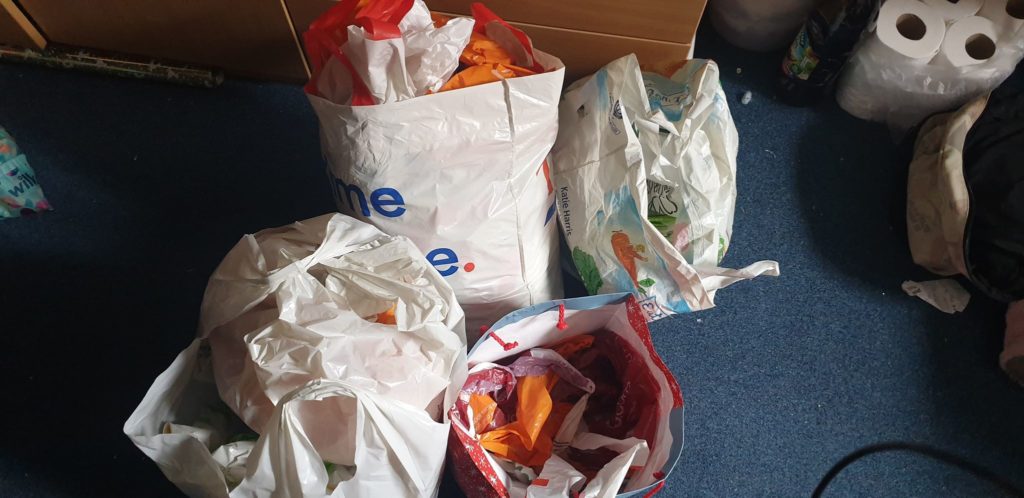
This is how one Uni of Lincoln student is using unwanted plastic bags to help the homeless
Finally we have a use for those forgotten plastic bags stuffed under the kitchen sink
Kathryn Stiff-Tompkins is a first year computing and maths student at the University of Lincoln, and she has been using her creative skills to make plastic bags into bed mats for the homeless.
Through her supermarket shopping, Kathryn found that she had accumulated masses of plastic carrier bags. Unsure about what to do with them, she says that she tried to return them to Iceland, but was refused. This is when she turned to Pinterest, to find an alternative use for the unwanted bags.
From plastic bag baskets to raincoats, Pinterest had it all, but eventually Kathryn came across a crocheted bed roll. Realising that these could be used to ignite positive change for the homeless, she began asking people to donate their unwanted plastic bags.

Kathryn says: “Any sort of plastic from bin liners to sandwich bags would be helpful as all of them can be used”
“It would be helpful if the council released more information on how to reuse plastic and to promote positive change”
One bed roll can take anything from five single bags, to seven hundred, depending on the fabric and how thick they are. Within the first week, Kathryn had already crocheted half a foot’s worth of a bed roll, which is about 50 bags. The general size is 2.5 foot by six foot, to make it big enough for the average person.
Whilst the process seems quite tedious, Kathryn says that if you just stick some Netflix on, it can be quite calming and therapeutic. The multi-talented computing and maths student has years of practice in crocheting, but anyone can learn to do this, it just takes a lot of patience (and plastic).
The longest part of the process is cutting the bags up to create “plarn”, which is plastic yarn, in order to then weave them together.

At the moment, the majority of the work is done by Kathryn, although she sometimes asks her boyfriend for help, and her parents are involved too. As many students have gone into quarantine due to the coronavirus outbreak, this could be a good hobby to take up as it’s simple to learn and there are plenty of tutorials on Youtube.
Whilst single use plastics are definitely detrimental to the environment, with skill and patience they can be reconstructed as a vital resource for those that have nothing.
As plastic bags are light and waterproof, it makes them perfect for the homeless as they are durable and can be easily cleaned. Whilst they may not be as comfortable as a blanket, they are less likely to trap bed lice, and can be transported with ease.









































